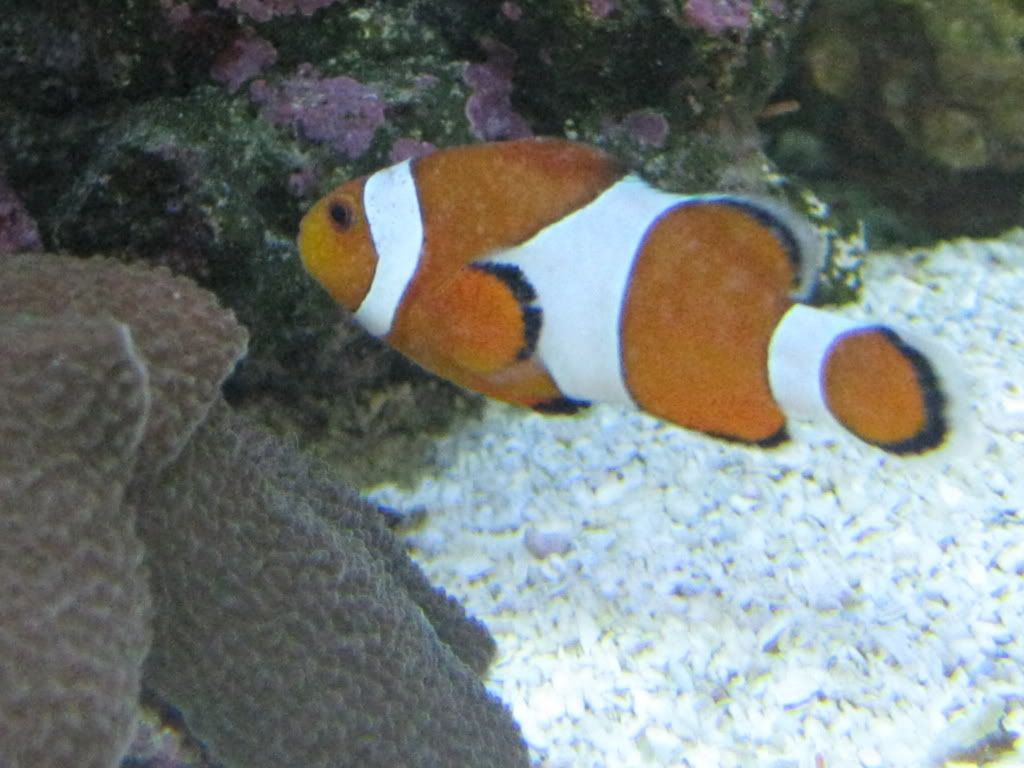I found the link pretty interesting about the bit with natural defenses. I say this because I run a natural tank (ie. no quarantine tank, I am very much aware of the fact that ich is present in the tank all the time, and yet I have never had a fish die from it and I have only ever seen the hepatus tang with the spots when I stress her out (ie moving rocks etc). I know there is some criticism of this, but I think the fact that my tank runs healthy is at least somewhat of a testament to the concept. I figure this is important to mention as it also means that whatever the clownfish now has has been around since he was put in there (about 3 months ago) and since the female was there (almost a year) and yet he's just showing symptoms now. Any thoughts?
I fail to see how the results you are obtaining support your post.
You mentioned you lost a foxface, a fish similar to a tang, and now you have a sick clown. You also state that your hepatus tang gets spots when you do something as simple as move rocks.
Obviously you system is infested with at least one disease.
As long as you have a fish host, the disease will be there, just waiting to infect some fish. Do not think that just because you don't see spots, that the fish don't have the disease. Often the primary area parasites attach is in the gills.
To solve this problem, you need to remove all the fish to a quarantine tank, and treat for the disease, for at least 4 weeks. Longer would be better. With the main tank being empty of a fish host, the parasites will starve. This does take awhile.
Yes treatment in a QT tank is a pain, yes you'll need something rather large, but it's the only way to solve the problem, rather than masking it.


